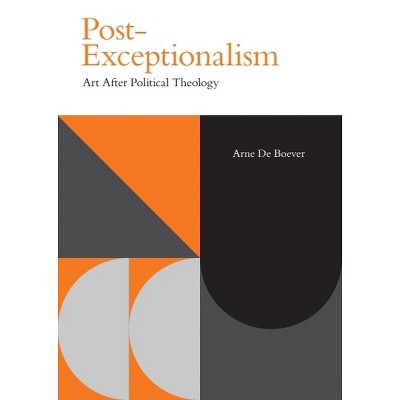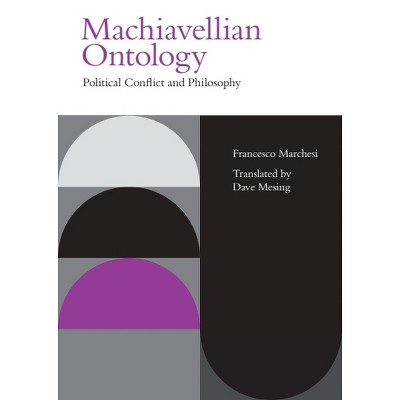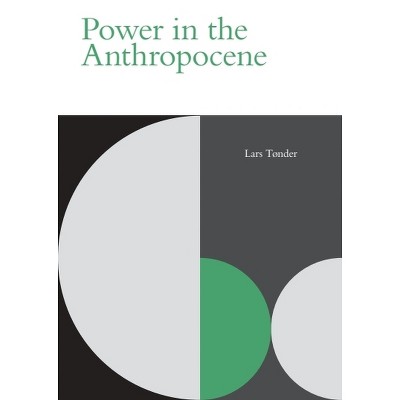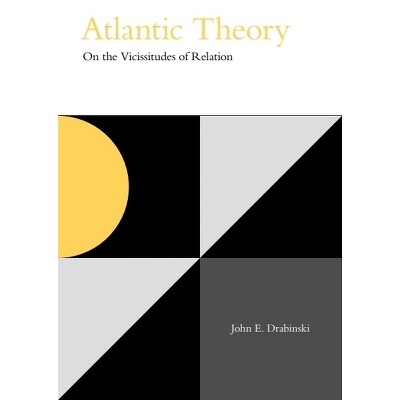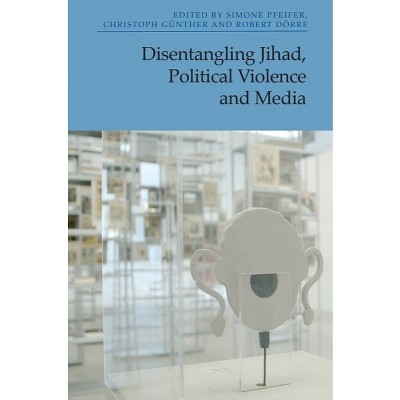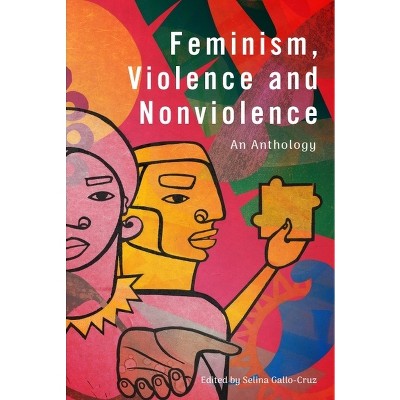From Violence to Speaking Out - (Incitements) by Leonard Lawlor (Paperback)

About this item
Highlights
- Drawing on a career-long exploration of 1960s French philosophy, Leonard Lawlor seeks a solution to 'the problem of the worst violence'.
- About the Author: Leonard Lawlor is Edwin Earle Sparks Professor of Philosophy at Pennsylvania State University.
- 320 Pages
- Philosophy, Metaphysics
- Series Name: Incitements
Description
About the Book
Drawing on a career-long exploration of 1960s French philosophy, Leonard Lawlor seeks a solution to 'the problem of the worst violence'. Lawlor argues all violence must itself be reduced to its lowest level. He engages with Foucault, Derrida and Deleuze and Guattari to create new ways of speaking to best achieve the least violence.
Book Synopsis
Drawing on a career-long exploration of 1960s French philosophy, Leonard Lawlor seeks a solution to 'the problem of the worst violence'. The worst violence is the reaction of total apocalypse without remainder; it is the reaction of complete negation and death; it is nihilism. Lawlor argues that it is not just transcendental violence that must be minimised: all violence must itself be reduced to its lowest level. He offers new ways of speaking to best achieve the least violence, which he creatively appropriates from Foucault, Derrida and Deleuze and Guattari as 'speaking-freely', 'speaking-distantly' and 'speaking-in-tongues'.
From the Back Cover
Advocates life and non-violence Leonard Lawlor's groundbreaking book draws from a career-long exploration of the French philosophy of the 1960s in order to find a solution to 'the problem of the worst violence'. The worst violence is the reaction of total apocalypse without remainder. It is the reaction of complete negation and death. It is nihilism. Lawlor argues not simply that transcendental violence must be minimized, but rather that all violence must itself be reduced to its lowest level. He then offers new ways of speaking which will best achieve the least violence which he creatively appropriates from Foucault, Derrida and Deleuze and Guattari as 'speaking-freely', 'speaking-distantly' and 'speaking-in-tongues'. Leonard Lawlor is Edwin Earle Sparks Professor of Philosophy at Pennsylvania State University.Review Quotes
Lawlor's reading of Derrida, Foucault, and Deleuze is brilliant. But his master stoke is to appropriate them for his own aim: to embrace the 'fundamental violence' of experience - its undecidability - and thereby for us and him to enter the 'least violence' of an uncertain friendship with one another. His voice must be added to those of the other three.--Fred Evans, Duquesne University
Tracing a novel path through the work of Derrida, Deleuze and Foucault, Leonard Lawlor expounds a remarkable ethics of the least violence. This book is a masterclass in radical phenomenological thinking that demonstrates the possibility of new ways of thinking, acting and being.--Paul Patton, University of New South Wales
About the Author
Leonard Lawlor is Edwin Earle Sparks Professor of Philosophy at Pennsylvania State University. He is one of the leading Derrida scholars in the United States today and has written numerous books that deal, either in whole or in part, with the implications of Derrida's philosophy.Shipping details
Return details
Trending Poetry






